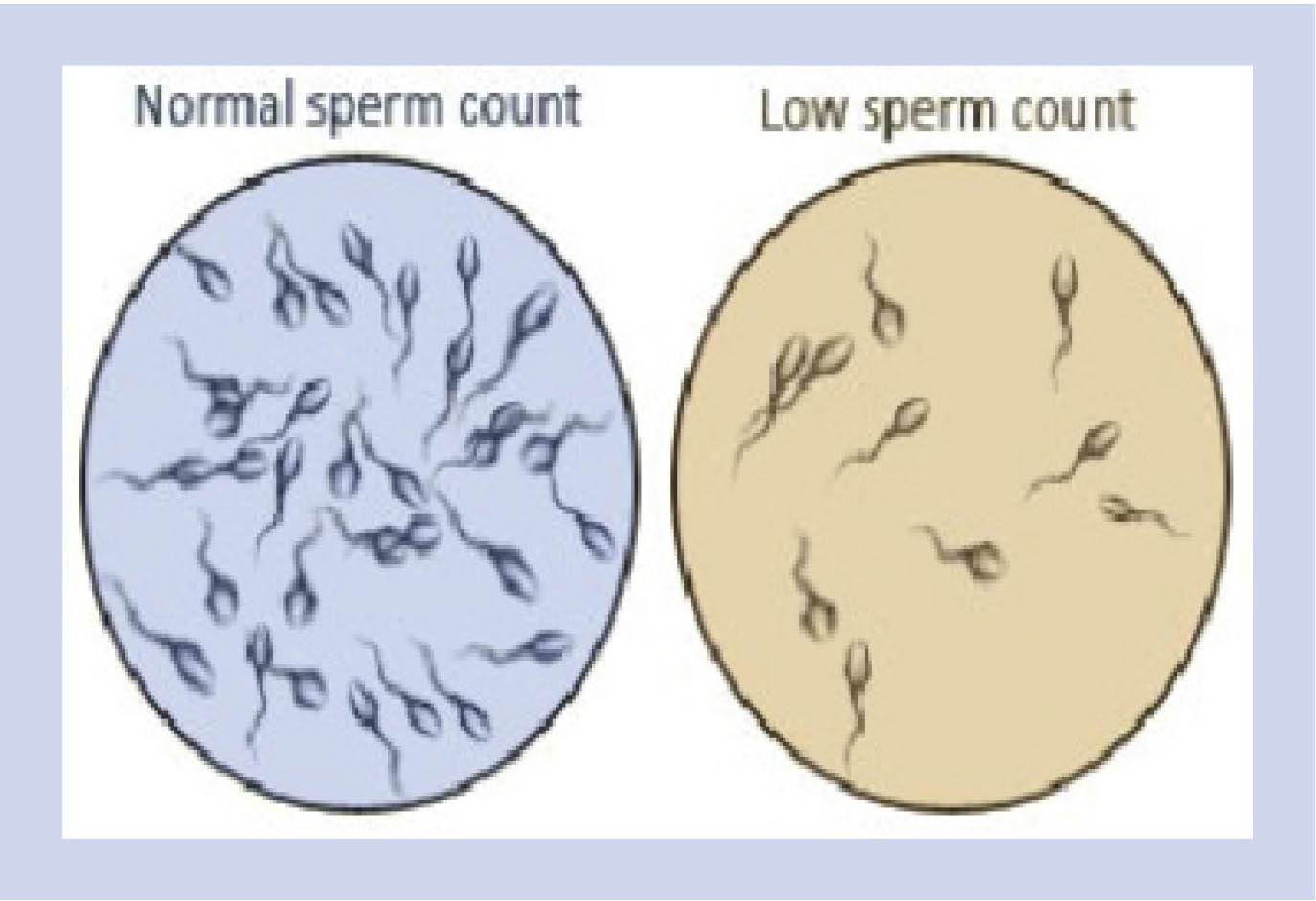How lifestyle choices affect men’s sperm count
In Nigeria, there is the belief that when a couple has no children or has one and wants more, it is the fault of the woman. Friends, families and most especially in-laws would go to any extent to blame the woman. Some would even find another wife or concubine for the husband just to prove […]

In Nigeria, there is the belief that when a couple has no children or has one and wants more, it is the fault of the woman.
Friends, families and most especially in-laws would go to any extent to blame the woman. Some would even find another wife or concubine for the husband just to prove the woman is at fault.
Fertility experts, however, advise men to also get involved in fertility treatment as many of them have low sperm count while some have no sperm count at all, so they cannot impregnate a woman.
According to experts at WebMD, about one per cent of all men and 15 per cent of infertile men have no sperm count at all. This condition is known as azoospermia. Meanwhile, low sperm count, oligospermia, means that when tested, the total amount of sperm in a man’s semen is below a certain amount.
The World Health Organisation (WHO) guidelines define low sperm count as having less than 15 million sperm in a millilitre of semen (15 million/ml).
A fertility expert and Chief Executive Officer of Nordica Fertility Centre, Dr. Abayomi Ajayi, in his advice to men said, “If your wife is not pregnant, then the man should go for a proper fertility examination and should not say it is a woman’s issue or fault.”
The fertility expert revealed that in a study involving 3,000 men between 2003 and 2013 at his centre, it was discovered that there was a decline of about 30 per cent in sperm count of the men. In the study, it was concluded that there might be a decline in spermatozoa by 3 per cent every year.
He said from the study, “About 12 per cent of the men who come to our clinic have no sperm count at all. As for low sperm count, every one out of every two samples we take from men has low sperm count.
“We also looked at about 3000 samples and we saw that from every two samples, one seems to be a low sperm count. This calls for concern as far as fertility is concerned in Nigeria,” Abayomi said.
He explained that men believe that because they are “tigers” in bed and they produce enough semen, then they have no fertility issue, adding that the fact that a man can sleep with a woman does not mean he has enough sperm cells in whatever he is discharging.
“There is a situation when sperm cells are still being produced in the testes but they are not getting to where they are supposed to be discharging, which means, the “factory” is still working.
“At a fertility clinic, the testes of the man can be assessed to get the sperm cells out. The good thing is, the factory does not just stop working all at once. A part of it may still work and some sperm cells can be gotten.
“However, in some men, the factory is no longer working and that is a very challenging one because everything is shut down and there are no longer sperm cells,” he noted.
Dr Ajayi emphasised that infertility is on the increase among men due to lifestyle choices.
He said: “Many of our young men are on drugs like cigarette smoking, marijuana, cocaine, excessive consumption of alcohol and all these have a profound effect on not just on their health, but on sperm count.
“Men should know that some of these poor lifestyle choices will affect their fertility. The good thing about lifestyle choice is that it is the only thing that is reversible when it comes to fertility. So our young men need to make the right choices if they want to be fertile.
“I see some people who don’t have good sperm cells and their wives have good eggs, yet the men are still smoking and drinking even through the treatment. I always advise them that if they truly want to have children of their own, then they need to stop whatever they are consuming, preferably for two to three months before treatment commences so that we can have good sperm cells for the treatment.”
To ascertain whether there is low sperm or no sperm count, medical experts say a man needs to give samples of his semen in a lab where it will be examined with a high-powered microscope, to know if the man has enough sperm cells which can fertilise the eggs of a woman.
